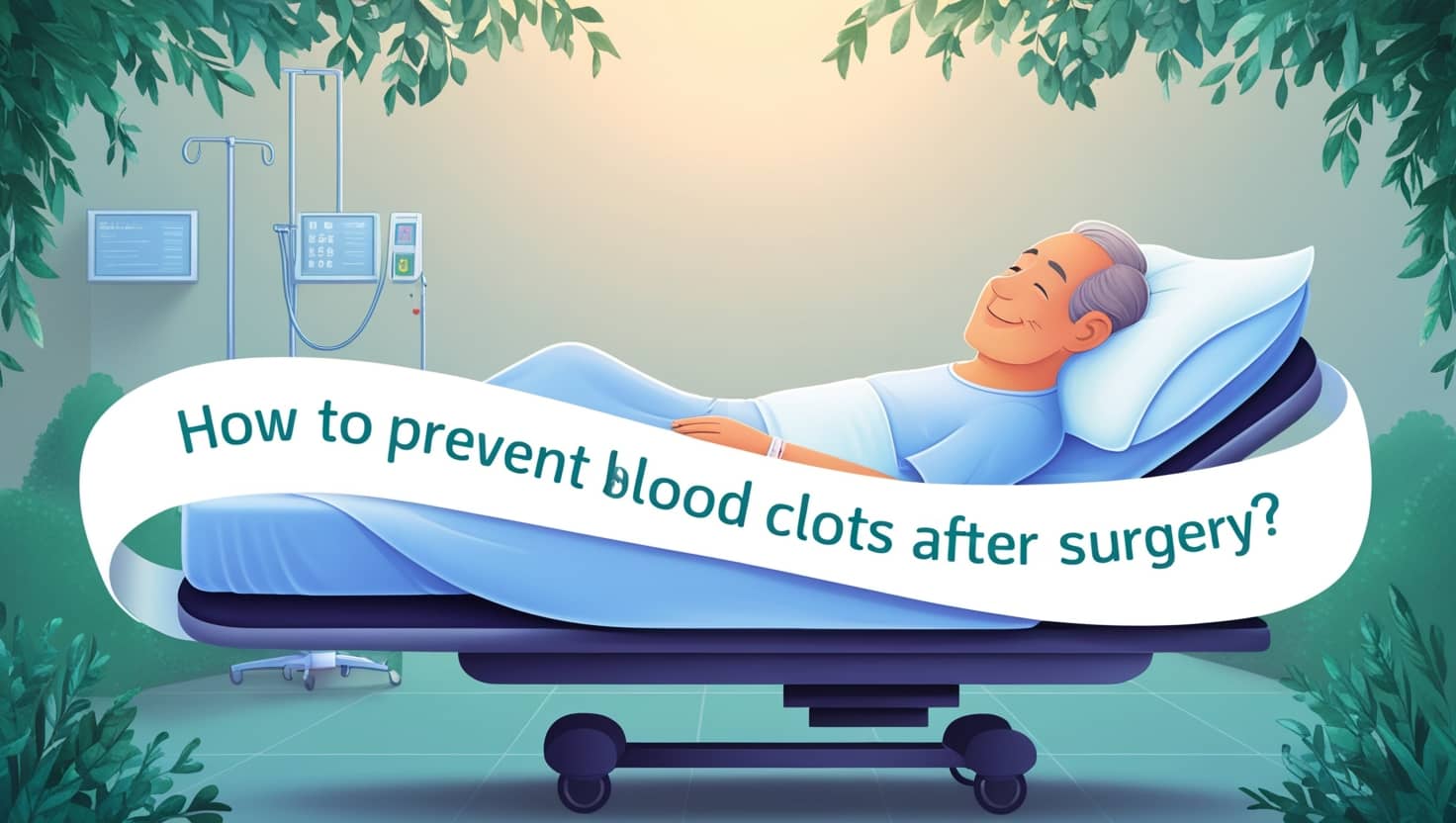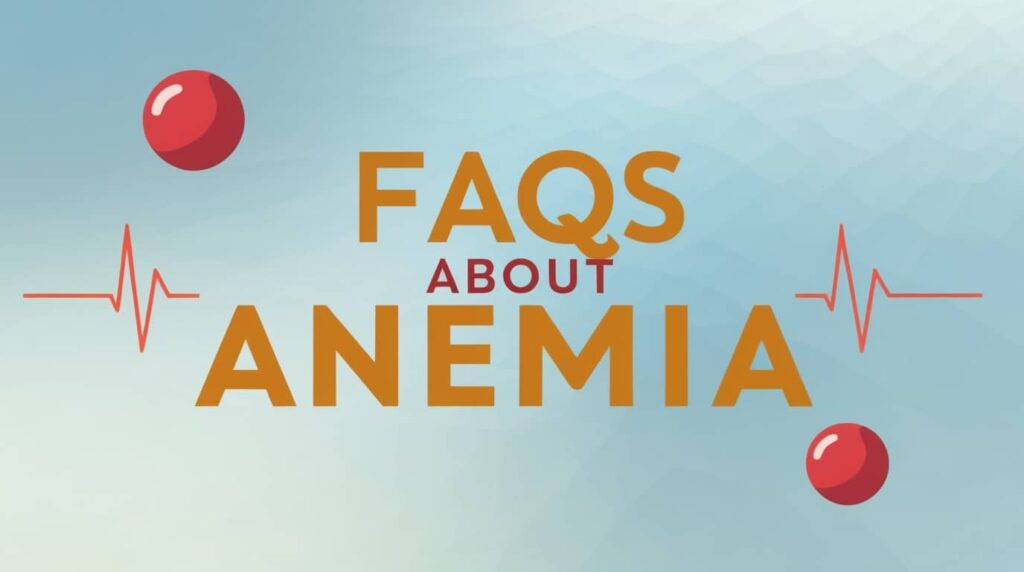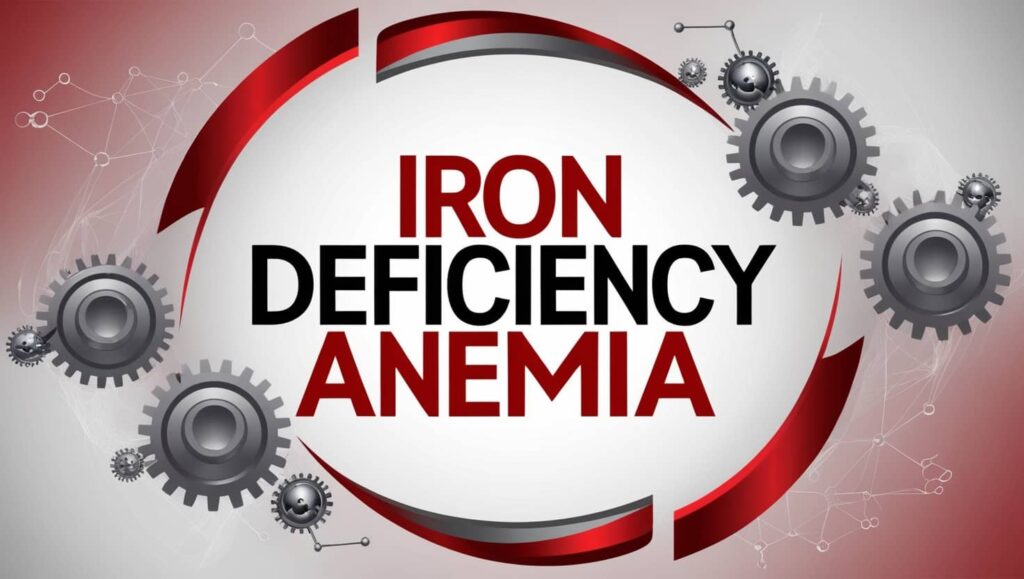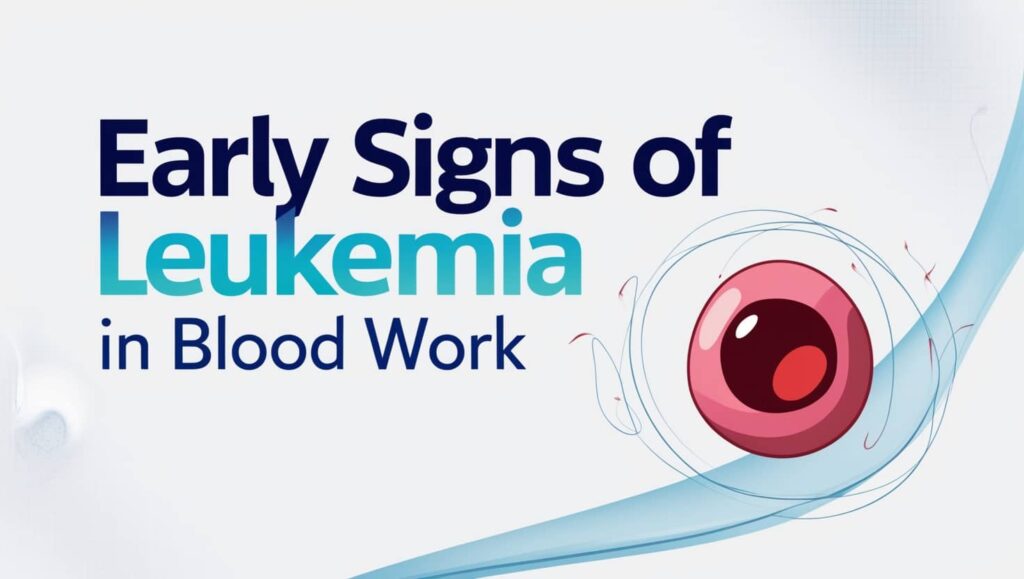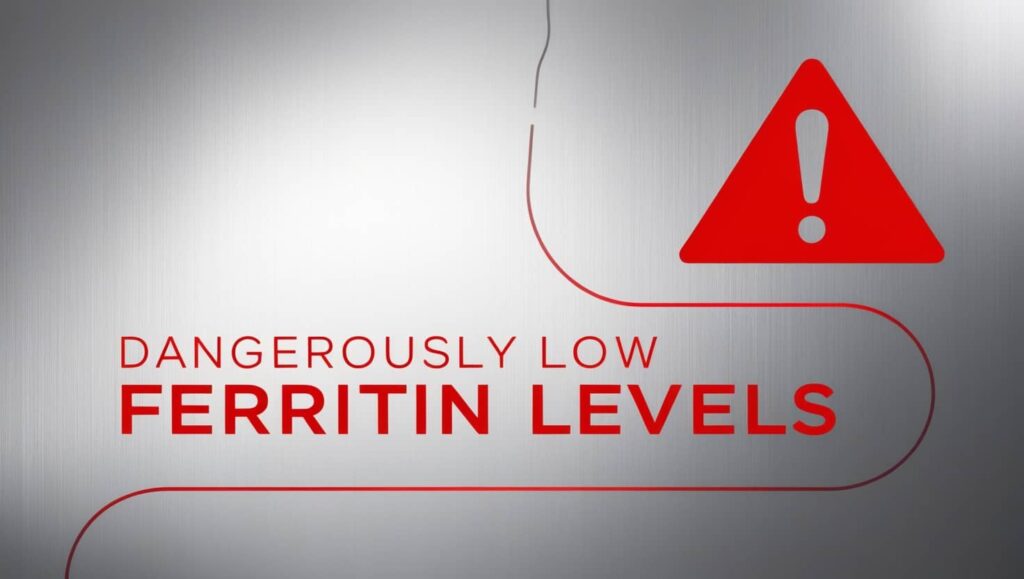Many people undergo surgeries throughout their lives, raising concerns about potential risks, such as bleeding and formation of blood clots. If you’re worried, this essay is surely for you, we will explore how to prevent blood clots after surgery, covering effective methods, precautions, and strategies for ensuring a safe and rapid recovery. Read on to uncover the details!
Best Post-Surgical Movements and Exercises
Deep vein thrombosis (DVT) is one of the challenges that patients experience after surgery. These clots may migrate to the lungs, leading to a pulmonary embolism.
Several factors contribute to this, involving:
- Reduced mobility after surgery.
- Physical trauma.
- Increased blood viscosity due to Dehydration.
- Certain medications used.
- Infected with heart diseases or obesity.
- Family history of blood clots.
- Aging.
So, how to prevent blood clots after surgery? There are several strategies and exercises that should be followed, including:
- Walking after surgery for improving blood circulation and reducing stress and blood pressure.
- Using the Sequential Compression Device (SCD) where plastic sleeves wrap around the legs and apply gentle pressure to enhance blood flow and prevent clots.
- Taking blood thinners.
- Wearing compression stockings help blood flow towards the heart and prevent blood from pooling and forming clots.
- Exercising stimulates blood movement and prevents it from pooling in the lower limbs, reducing the risk of DVT.
Then, recommend exercises including:
- Lift the heel upwards by standing on the toes, then slowly return.
- Rotate the ankles clockwise and counterclockwise.
- Lift each knee to a 90-degree angle and slowly lower it.
- Extend the legs towards the chest and then lower them slowly.
- Keep the legs straight, point the toes towards the end of the bed, then return them towards your chin.
Moreover, perform these exercises for 30 seconds to one minute per session, and repeat them 3–5 times daily.
Foods That Help Reduce Clot Formation
Recent studies demonstrated that a healthy diet can reduce the risk of blood clots by enhancing blood circulation. Foods rich in phenols and flavonoids, like grapes, apples, whole grains, green tea, nuts, and cherries, have a role to,
- Prevent plaque buildup in arteries.
- Improve cholesterol levels
- Reduce inflammation due to antioxidant properties
Additionally, certain foods play a vital role in preventing blood clots. For example:
- Ginger has anticoagulant effects that prevent platelets from clumping together.
- Olive oil contains phenols that contribute to thrombosis prevention.
- Garlic, based on studies conducted on males, has been shown to reduce the production of thromboxane, a compound involved in blood clot formation.
Lastly, drinking water helps reduce platelet stickiness, decrease blood viscosity, and prevent dehydration.
Medications and Supplements for Blood Circulation
Blood thinners are medications to help in how to prevent blood clots after surgery, such as:
- Injectable as Heparin, low molecular weight heparin.
- Tablets like Coumadin, Rivaroxaban, Edoxaban.
According to the American Society of Hematology, states that blood thinners use can range from 14 to 35 days based on the surgery type.
Additionally, Studies show that supplements like
- Omega-3 prevents platelets from aggregation, improves levels of cholesterol and triglycerides.
- L-arginine acts as a vasodilator and can open arteries and enhance blood flow.
References
- Giuranna, E., Nencini, F., Bettiol, A., Borghi, S., Argento, F. R., Emmi, G., Silvestri, E., Taddei, N., Fiorillo, C., & Becatti, M. (2024, October 25). Dietary antioxidants and natural compounds in preventing thrombosis and cardiovascular disease. International journal of molecular sciences. From PubMed
- How to prevent blood clots From NHS
- DVT prevention exercises. American Blood Clot Association. (2023, September 18). From American Blood Clot Association
- Explore scientific, technical, and medical research on ScienceDirect. ScienceDirect.com | Science, health and medical journals, full text articles and books. (n.d.). From Science direct
- M;, A. M. (n.d.). Consumption of a garlic clove a day could be beneficial in preventing thrombosis. Prostaglandins, leukotrienes, and essential fatty acids. From PubMed
- U.S. Department of Health and Human Services. (n.d.). Preventing blood clots. National Heart Lung and Blood Institute. From NIH
- American Society of Hematology 2019 guidelines for management of venous thromboembolism: Prevention of venous thromboembolism in surgical hospitalized patients | blood advances | From American Society of Hematology.
Aml Abdelrhman
Medical Analysis Specialist
Aml Abdelrhman holds a B.Sc. in Chemistry from the Faculty of Science, Alexandria University. She further advanced her expertise with a diploma in biochemistry and a master’s degree in physiology. With a strong background in medical analysis, she is passionate about delivering precise and insightful scientific content. Aml combines her analytical skills with medical scientific writing and copywriting, ensuring clarity and accuracy in her work.

